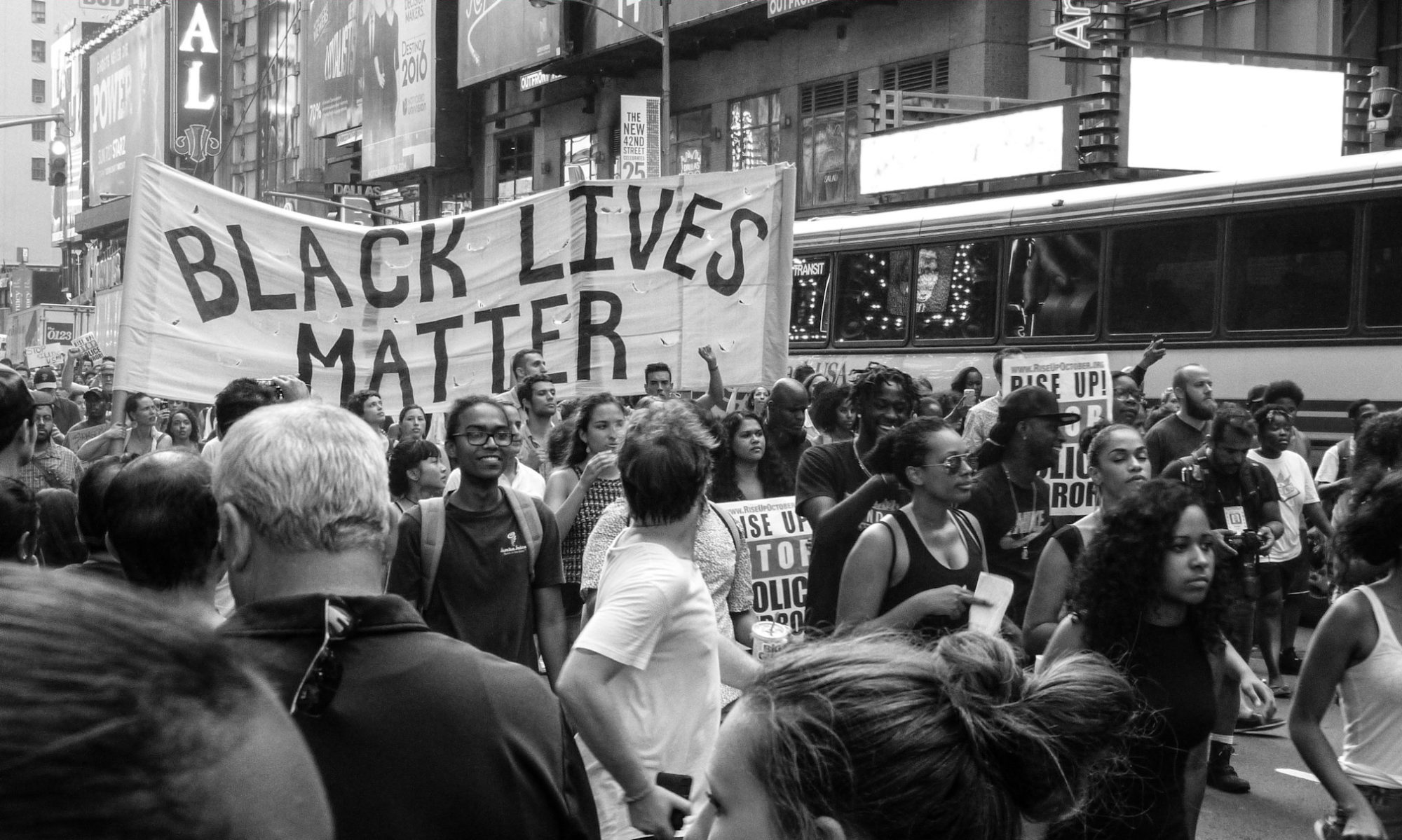In response to the Tunis Court of Appeal upholding the convictions and prison sentences against 34 defendants to sentences from five to forty-five years in the politically motivated ‘conspiracy case’ on 27 November, Sara Hashash, Deputy Regional Director for the Middle East and North Africa at Amnesty International, said:
“The decision by the Tunis Court of Appeal to hold the unjust convictions in the so-called ‘conspiracy case’ is an appalling indictment of the Tunisian justice system. By validating the guilty verdicts following a sham trial based on unfounded charges against dozens of individuals, including prominent politicians, lawyers, and human rights defenders, the Appeals Court has deliberately ignored the litany of fair trial violations that have plagued this sham case from day one.
“The Court of Appeal has thereby also rubber stamped the government’s use of the justice system to eliminate political dissent. While three of the defendants were acquitted and a few sentences reduced, other sentences were increased – including for Jahouher Ben Mbarek, who has been on hunger strike for 31 days in protest against his arbitrary detention and wrongful trial, had his sentence increased from 18 to 20 years. The court’s decision affirms that participating in peaceful opposition remains a crime punishable by long-term imprisonment in Tunisia.
“The authorities have compromised the integrity of this trial from the outset through repeated violations of due process, including the courts’ unjustified decision to deprive detained defendants of their right to be present in the court room and insist on holding the trial remotely. Combined with the state’s continued targeting of lawyers representing defendants in the case, these actions expose a relentless campaign to erode rights and silence dissent.
“We are deeply alarmed that political activists Chaima Issa and Ahmed Nejib Chebbi and human rights defender Ayachi Hammami now face an imminent and arbitrary risk of arrest after the appeal court confirmed their convictions and sentenced them to 20, 12 and 5 years respectively.
“The Tunisian authorities must immediately quash the unjust convictions and sentences against all defendants in the ‘conspiracy case’. They must immediately and unconditionally release all those detained solely for exercising their human rights and cease the relentless, politically motivated persecution of critics, opponents, and legal professionals. So long as the judiciary provides no check on government repression, it emboldens growing authoritarianism and a full-blown human rights crisis.”
Background
The ‘conspiracy case’ in Tunisia involves the prosecution of 37 opposition figures, lawyers, and activists on severe, politically motivated charges, primarily “conspiracy against state security.” In April 2025, the Tunis Court of First Instance handed down harsh prison terms, ranging from four to 66 years, following a trial widely condemned for its grave fair trial violations, lack of transparency and executive interference.
On 24 October, defense lawyers learned that the initial appeals hearing had been scheduled for 27 October and would be held remotely via video conference for the 12 defendants in detention based on the court’s decision to hold all terrorism trials remotely since April 2024, citing “imminent danger” without justification. The detained defendants were notified only on the day of the hearing, while the others received no summons. On 27 October, the hearing was postponed until 17 November and then until 27 November.
The requirement for detained defendants to participate remotely, despite their objections, denied them the right to be physically present in court, in violation of their defense rights.
Among the 34 individuals sentenced in this trial, six opposition political figures – Khayyam Turki (sentenced to 35 years) Jaouhar Ben Mbarek, Issam Chebbi, Ghazi Chaouachi, Ridha Belhaj (20 years) and Abdelhamid Jelassi (10 years)– have been held in arbitrary detention since the investigation began in February 2023.
Other defendants sentenced in this case include several individuals who had been in detention in relation to other politically motivated cases, such as senior opposition figures Noureddine Bhiri (20 years), Sahbi Atig (10 years), and Said Ferjani (10 years) from the former ruling Ennahdha party. The case also targeted 20 individuals living abroad, including prominent human rights defender Bochra Bel Haj Hmida, who was sentenced to 33 years in prison.
The post Tunisia: Quash unjust heavy convictions in ‘conspiracy case’ appeared first on Amnesty International.
